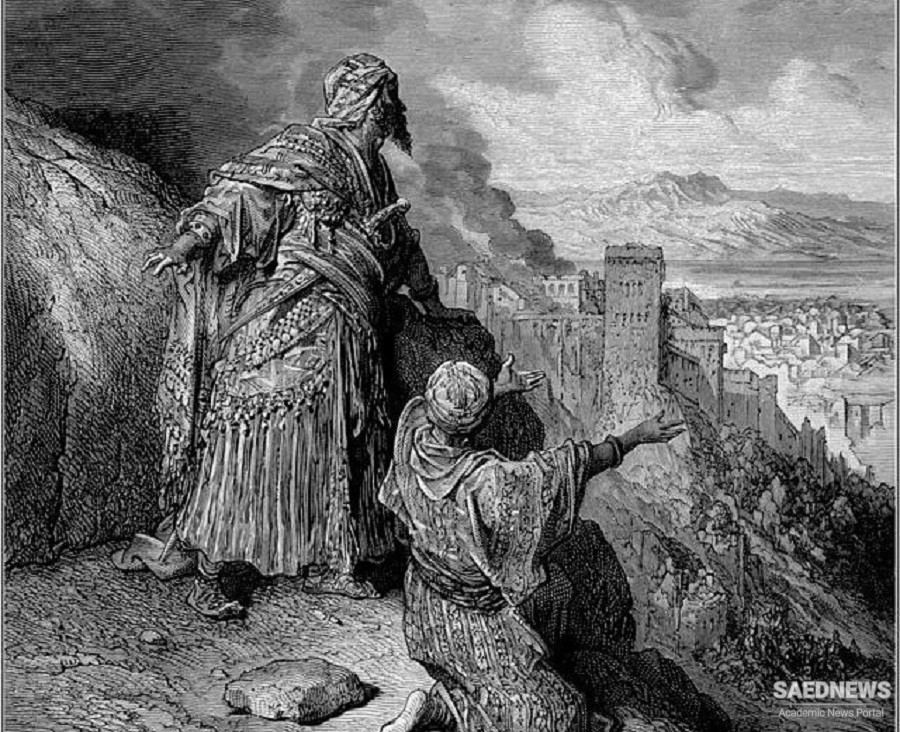The last of these three movements was led by a certain Hashim b. Hakim al-Muqanna. The sources depicted Muqanna as a nonZoroastrian, but he was successful in winning the support of Bunyat, the Zoroastrian ruler of Bukhara. Muqanna’s religion is unknown; however there are several interesting features regarding Muqanna and his movement. Although Muqanna’s father, like Sunbad and Ishaq, had been an important supporter of Abu Muslim, his religious affiliation is also uncertain. Moreover, the description that is given of Muqanna’s religion is very similar to that of the Khurramdins: we are told that he perverted people and encouraged men to share their wives between them. It is therefore not surprising to read that the Khurramdins were also supporting Muqanna. These extremely negative representations of Muqanna’s party and the Khurramdins do not appear veracious, but the desire to slander them demonstrates that the rulers perceived them as a significant threat. Moreover, the fact that Muqanna was not adhering to one of the traditional religions of Transoxania and yet had obtained so much support in the region, evinces only the eagerness of the local inhabitants to expel the Muslims from their territories. Muqanna was executed in 783, and Bunyat a year later, for having apostatized and opposed the Muslims (Source: the Fire, the Star and the Cross).


 Ustadhsis and His Insurrection against the Arab Caliphate
Ustadhsis and His Insurrection against the Arab Caliphate














































